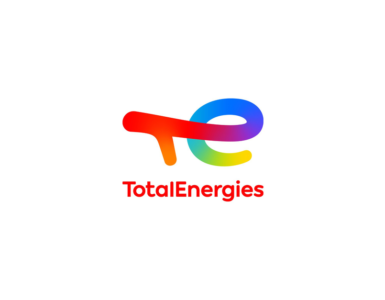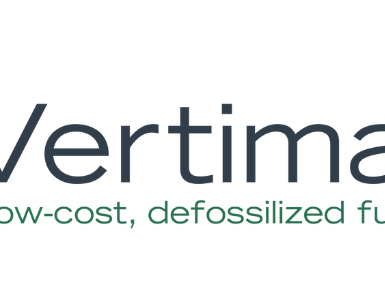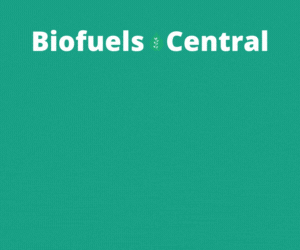Germany ranks third among EU biodiesel exporters – UFOP calls for inclusion of HVO in official statistics.
According to recent information published by EUROSTAT, Germany delivered around 9 per cent more biodiesel (FAME) to other EU member states in the first nine months of the 2023 calender year than in the same period in 2022. This is the conclusion Agrarmarkt Informations-Gesellschaft mbH (AMI) has reached after analysing the official statistics.
With intra-Community exports amounting to 1.6 million tonnes, Germany ranks third among the biggest biodiesel exporters of the European Union. As before, the Netherlands is the main market, as the country acts as the central hub for trade within the EU and with non-EU countries. Not only did the Netherlands receive by far the largest tonnage – 742,000 tonnes – but it also took around 34 per cent more than in the period January until September 2022.
It is followed by Belgium and Poland. Whereas Poland increased its imports 18 per cent to 227,000 tonnes, Belgium reduced its imports around 32 per cent to 349,000 tonnes. Exports to Austria saw the biggest rise with shipments tripling to 72,000 tonnes. France, in turn, doubled its imports on the previous year to 73,000 tonnes.
🔥 What about we co-host a webinar? Let's educate, captivate, and convert the biofuels economy!
Biofuels Central is the global go-to online magazine for the biofuel market, we can help you host impactful webinars that become a global reference on your topic and are an evergreen source of leads. Click here to request more details
There were also changes in German biodiesel imports. More specifically, 2023 imports from the Netherlands in the period January until September rose 12 per cent to 706,000 tonnes year-on-year. By contrast, Belgium only delivered 164,000 tonnes, which translates to a drop of around 38 per cent. Imports from Poland virtually remained unchanged from the previous year’s level at 66,000 tonnes.
German exports of UCOME, biodiesel made from used cooking oil, rose markedly in the period from the first to the third quarter of 2023. At 228,000 tonnes, Germany delivered around 17 per cent more to other EU member states than in the same period 2022.
Again, the Netherlands was the largest recipient country, taking 182,000 tonnes – a 9 per cent rise year-on-year –, followed by Belgium with 25,000 tonnes and a 43 per cent increase. In contrast, during the same period German UCOME purchases from other EU member states dropped 19 per cent to 199,000 tonnes year-on-year. Although the Netherlands delivered the lion’s share of 128,000 tonnes, this was still down 7 per cent on the same period a year earlier.
The Union zur Förderung von Oel- und Proteinpflanzen e. V. (UFOP) has pointed out that EUROSTAT does not record the share of hydrotreated vegetable oil (HVO), which is important for the German market. The association has therefore urged to cure this flaw in the official statistical documentation.
HVO has become an important option for meeting quota obligations not only in Germany, but also in other member states. The UFOP has noted that the number of HVO producers is increasing both in the EU and worldwide. According to the association, this trend is set to continue, given the technical blending rate limits for biodiesel (B7 / B10) and rising demand for biokerosene.
The UFOP has insisted that import and export volumes within the EU and with third countries should be documented in a timely manner in order to ensure market transparency and assess volume trends. Since no statistics are kept for HVO, the UFOP has referred to the Evaluation and Progress Report of the German Federal Office for Agriculture and Food (BLE).
For 2022, the report identifies an HVO import volume – HVO is not produced in Germany – of 385,000 tonnes from waste oils and 90,000 tonnes from palm oil for crediting towards GHG reduction quotas. Just how much of this can be counted double a result of being classified as waste in accordance with Part A of Annex IX of the RED II is not known and/or has not been published.
READ the latest news shaping the biofuels market at Biofuels Central
Germany ranks third among EU biodiesel exporters – UFOP calls for inclusion of HVO in official statistics, january 2024








